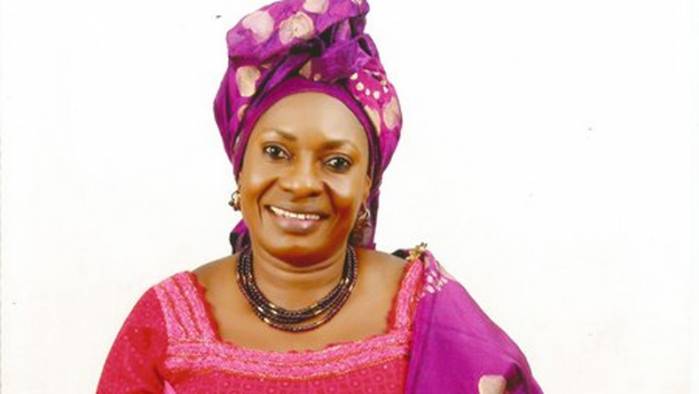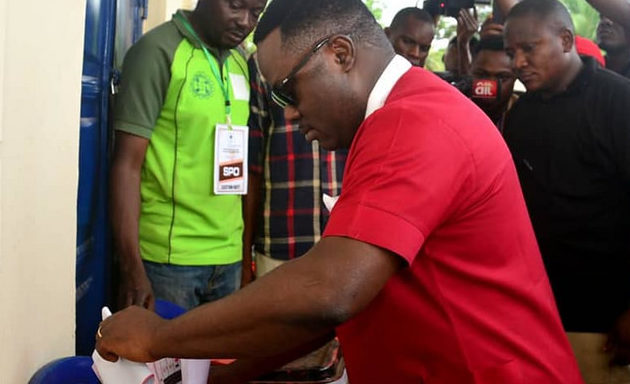As the 2023 general elections draw near, women have been encouraged to brace up to tackle the menace of low representation by improving their participation in the electioneering process.
To achieve this, a Non-Governmental Organisation (NGO), Dinidari Africa Foundation organised a seminar titled: “Women Political Empowerment Project,” for politically inclined women in Jos, Plateau State, with a view to encourage them.
The three-day initiative was supported by the Norwegian Embassy and UN women in Jos.
The women were divided into four groups according to their political leanings – All Progressives Congress (APC), the Peoples Democratic Party (PDP), the Labour party (LP) and the New Nigeria Peoples Party (NNPP).
The Project Lead of Women Political Empowerment Project, Zigwai Tagwai, said the project was initiated by the Dinidari foundation and supported majorly by the UN Women.
Tagwai stressed that the project came up as a result of low representation and participation of women in political parties, politics and governance. “The reason why this project is being implemented across Plateau and Kaduna states is to ensure that women are being given the right technical and capacity support to be able to engage better in the political process through their political parties, which will further improve women representation, as well as women participation in decision-making.
“Women had carried out a need-based assessment across Kaduna and Plateau states as in four political parties – NNPP, APC, PDP and LP. The reason for that is to hear from these women in political parties and women in politics, as well as women leaders about the challenges and barriers that have hindered their participation and representation in politics.
READ ALSO: Police Exhume Bodies Of Five Killed Over Alleged Witchcraft, Arrest Suspects In Cross River
“Hopefully, at the end of the day, they can come up with the work plan that will be implemented in their political parties to improve the structures and allow for more and better participation,” she stated.
On her part, the Communications Lead of the Project, Jeremiah Michael, said women’s political representation in Nigeria is abysmally low with 7.9 per cent and 3.6 per cent in the Senate and House of Representatives.
Michael added that the last two political circles have seen a retrogression in the numbers which in 2015 stood at 6.4 per cent and 6.7 per cent in the higher and lower Houses of Assembly.
According to her, “Women make up approximately 16 per cent of ministerial appointments and in states legislature only 4.43 per cent of representatives are women,” adding that the factors making for the unfortunate situation are varied, which include lack of legislative framework to guarantee a minimum representation of women. (The Guardian)










